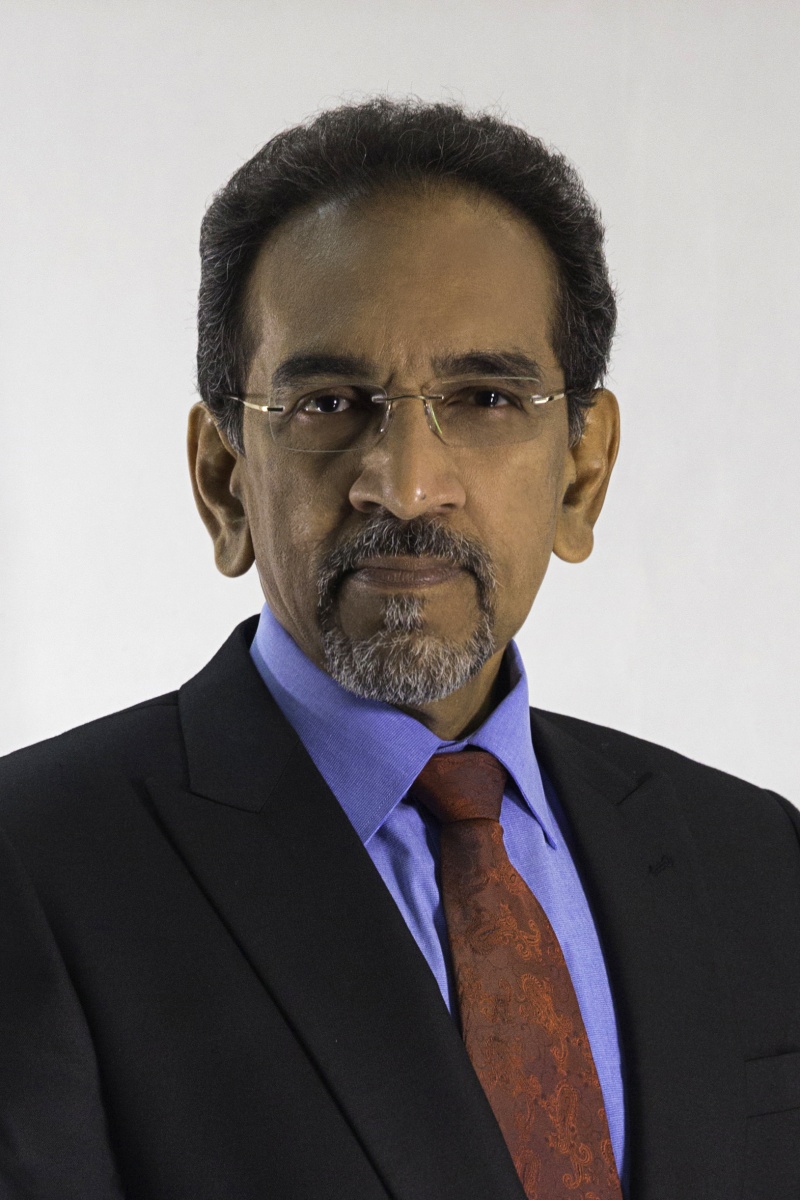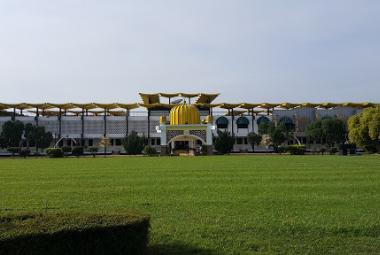By Devanesan Evanson
Investors can heave a huge sigh of relief with the recent decision by the Securities Commission (SC) and Bursa Malaysia to further extend the temporary ban on short-selling till 31 December this year.
The suspension, which came into force since 24 March and was later extended on 28 April is part of a slew of proactive measures to mitigate potential risks arising from heightened volatility and global uncertainties as a result of Covid-19.

It applies to Intraday Short Selling (IDSS) and Regulated Short Selling (RSS), as well as intraday short selling by Proprietary Day Traders. Permitted Short Selling (PSS) is not affected by the temporary suspension of short selling as PSS is necessary for market makers to market make the relevant securities such as exchange traded funds efficiently, said SC in a media release.
In Asia, South Korea (till September) and Indonesia (until further notice) have also imposed short-selling bans, while market regulators in Thailand, Taiwan and India have tightened their rules to make the practice of short-selling more difficult.
However, six European Union states – Austria, Belgium, France, Greece, Italy and Spain – have scrapped their bans on short-selling introduced during bouts of extreme market volatility in March with effect from 18 May.
There is, however, a mixed view as to whether the temporary ban of short-selling activity is justified for the betterment of the stock market.
World Federation of Exchanges (WFE) disagrees with short selling bans
Despite being perceived as an effective measure to cushion extreme market volatility, a recent academic research published by the World Federation of Exchanges (WFE) has pointed to short-selling bans being disruptive for the orderly functioning of markets.
Short-selling ban is found to reduce liquidity, increase price inefficiency, hamper price discovery and having negative spill-over effects in other markets. Additionally, WFE said there are evidence suggesting that banning short-selling during periods of heightened uncertainty seems to exacerbate, rather than contain, market volatility.
The industry group argued that short-sellers do not behave differently from any other traders during periods of price decline and heightened volatility, and contribute less to price declines than regular ‘long’ sellers.
“Based on the existing evidence, the WFE recommends that financial regulators do not introduce short-selling bans as the academic literature demonstrates not only their lack of effectiveness, but their negative impact on market quality,” WFE chief Nandini Sukumar pointed out.
‘We would urge jurisdictions that have imposed such bans to reconsider in the light of the evidence.”
Moreover, short-selling ban – although deemed as psychologically advantageous – “would have pretty much no effect on the market volatility or pricing but may have an impact on liquidity,” according to Ihor Dusaniwsky who monitors short selling at S3 Partners, a firm specialising in financial data and analytics.
“Overall, the vast proportion of selling activity in the market has been long selling and not short- selling,” revealed Dusaniwsky, commenting on the blame levelled at short-sellers for the drastic fall of US stocks in March.
Ironically, short-selling has been instrumental in forcing German fintech company Wirecard AG to recently admit that it has 1.9 billion euros (US$2.1 billion) of cash missing from its business.
Although short-sellers (majority of which are hedge funds) were reported to make paper profits of US$2.6 billion off Wirecard’s recent plunge, they mostly felt ‘vindicated’ over the fact that the company has since 2015 been denying accusations of corruption, corporate fraud and lax money laundering controls in part related to illegal online gambling.
South Korea - A moderate view
South Korea is readying to propose tougher criminalisation and heavy penalties on illicit short sale before the ban on the speculative investment tool is lifted in September, according to the country’s Financial Services Commission chairman Eun Sung-soo (Source: Pulse News, 12 June 2020).
“The cap will not be entirely lifted even when short sale is allowed back (after a six-month ban),” said the top financial policymaker. This means short-selling is likely to be permitted on a gradual basis as the market regulator fixes problems in the existing system and gauge market opinion on the timing of its revival.
“We must coolly assess whether the stock gains over the last three months are attributed to the ban on short sale or the overall global market recovery,” added Eun.
Short-selling on South Korea’s stock markets is mostly done by institutional and foreign investors. Last year, 99.16% of the short-selling was by foreigners (59.09%) and institutional investors (40.07%).
This is due to the complicated process for retail investors to borrow stocks and their lack of awareness of the process.
Hwang Sei-woon, a researcher at the Korea Capital Market Institute, suggested a gradual reintroduction of short selling to curb the stock market from overheating (Source: Korea Times, 18 June 2020).
Lifting of the ban can start with large-cap companies that exceed 30 trillion won (about RM107 billion) in market capitalisation while small and mid-cap companies can remain shielded from short-selling “attacks.”
Hong Kong – no ban on short selling
As for Hong Kong which did not ban short-selling even when volatility peaked in March, the city’s Securities and Futures Commission (SFC) has been closely monitoring derivatives markets and short-selling data to ensure that trading activity in those areas does not pose any financial stability or systemic risks.
Hong Kong has a robust short-selling regulatory regime specifically designed to limit any potential distortion of the normal price-discovery function of markets while recognising the potential benefits of short-selling.
Conclusion
Pitting both views together, it would be fair to deduce that short-selling would be an ideal trading strategy should stability prevail in the market as opposed to a fragile market environment where extreme volatility would exacerbate further downspin.
Such is the mantra for markets that have temporarily suspended
short-selling although it does undoubtedly facilitate price discovery on the longer term. - DagangNews.com











